A New (to Protestants) Advent Tradition
The Missio Dei blog is intended to provide space for a diverse array of voices, stories, and experiences from within and around our community. While we celebrate the ongoing journey of each beloved member of our community and contributor to our blog, the views expressed here do not necessarily reflection the positions, beliefs, or views of Missio Dei as an organization.
By Abigail O’Bryan
We have entered the final days of Advent, and with them come the ancient liturgical tradition of the O Antiphons. For the past several centuries, the O Antiphons have been incorporated into the Evening Prayer of the days leading up to Christmas Eve, starting on December 17th. Each one is a meditation on a messianic title for Jesus.Even if you don’t come from a liturgical background, these might look familiar to you if you’ve ever sung “O Come, O Come Emmanuel.”
Though it doesn’t hold to the same order of titles, the song is actually a paraphrase of the O Antiphons and can be used for our own meditation and prayer. There’s a pattern to each verse, moving from the messianic title, to the supplication, to the affirmation of the last verses in the Bible: “‘Yes, I am coming soon!’ Amen! Come Lord Jesus!” [Rev. 22:20 NET]
Lutheran pastor Joseph Abrahamson breaks down the progression of themes this way: “The framer of the Universe (Wisdom) Who gave the Law (Lord), promised through David’s throne (Root of Jesse) to set free the captives of sin (Key of David) and bring the Light of salvation to dawn (Radiant Dawn) not only on His chosen people but all nations (King of Nations) and dwell with us as one of us eternally (Emmanuel).” These are the other O Antiphons in order:
O Wisdom [Isiah 11:2-3]
O Lord [Isaiah 11:4-5]
O Root of Jesse [Isaiah 11:1,10]
O Key of David [Isaiah 22:22]
O Radiant Dawn [Isaiah 9:2]
O King of Nations [ Isaiah 2:4, 9:6, 11:10-12]
O Emmanuel [Isaiah 7:14]
I grew up wholly without liturgy, and it was only in my last year of college, in a “dark night of the soul,” that I began to fumble for the writings and practices of the Christians who have gone before us. Since then-- and particularly in this year-- I’ve found the Daily Office (which is where the O Antiphons are found during December) to be essential to my walk with the Lord.
The Daily Office is not limited to Christmastime and participating in it has been a great encouragement to me because, though I am not physically present with other believers, I know I am reading the same scriptures and praying the same prayers as thousands of other Christians that day. That kind of community, that feeling of being part of the body of Christ, has been vital this year. It also provides a structure to my devotionals, which takes the burden off of me to figure out what I’m doing each day. I don’t always use the Daily Office, but it has been a resource that has kept me afloat during difficult times.
Here are a few ways you might try engaging with the O Antiphons:
Pray the corresponding verse of O Come, O Come Emmanuel.
Sing/Pray the antiphon before and after a reading of the Magnificat, Mary’s song of praise in Luke 1:46-55.
Add it to your advent traditions (Jesse Tree, Advent Wreath, etc.)
Participate in each day’s Evening Prayer or Daily Office [Northumbria Community (Celtic) and Mission St. Clare (American), among many others, provide free online access to the Daily Office. Mission St. Clare also has a free app.], (a set of prayers used throughout the day that follow the Church calendar-- see footnote for additional resources)-- this is the O Antiphons’ original context.
The lyrics of O Come, O Come Emmanuel with its corresponding O Antiphons date are below:
O come, O come, Emmanuel,
And ransom captive Israel,
That mourns in lonely exile here,
Until the Son of God appear.
Rejoice! Rejoice! Emmanuel
Shall come to thee, O Israel. [Dec. 23rd]
O come, Thou Rod of Jesse, free
Thine own from Satan's tyranny;
From depths of hell Thy people save,
And give them victory o'er the grave.
Rejoice! Rejoice! Emmanuel
Shall come to thee, O Israel. [Dec. 19th]
O come, Thou Dayspring, from on high,
And cheer us by Thy drawing nigh;
Disperse the gloomy clouds of night,
And death's dark shadows put to flight.
Rejoice! Rejoice! Emmanuel
Shall come to thee, O Israel. [Dec. 21st]
O come, Thou Key of David, come
And open wide our heav'nly home;
Make safe the way that leads on high,
And close the path to misery.
Rejoice! Rejoice! Emmanuel
Shall come to thee, O Israel. [Dec. 20th]
O come, Adonai, Lord of might,
Who to Thy tribes, on Sinai's height,
In ancient times didst give the law
In cloud and majesty and awe.
Rejoice! Rejoice! Emmanuel
Shall come to thee, O Israel. [Dec. 18th]
O come, Thou Wisdom from on high,
And order all things, far and nigh;
To us the path of knowledge show,
And cause us in her ways to go.
Rejoice! Rejoice! Emmanuel
Shall come to thee, O Israel. [Dec. 17th]
O come, Desire of nations, bind
All peoples in one heart and mind;
Bid envy, strife and quarrels cease;
Fill the whole world with heaven’s peace.
Rejoice! Rejoice! Emmanuel
Shall come to thee, O Israel. [Dec. 22nd]
I share this to encourage you if this is your first foray into “organized church.” It is daunting. But the rewards are worth it. Even if the O Antiphons are too much for you right now, sit down and let the music of “O Come, O Come Emmanuel” wash over you and know that Christ came for you, just as you are, and He will continue to come for you.
Blessings to you this season. Come, Lord Jesus, come!

